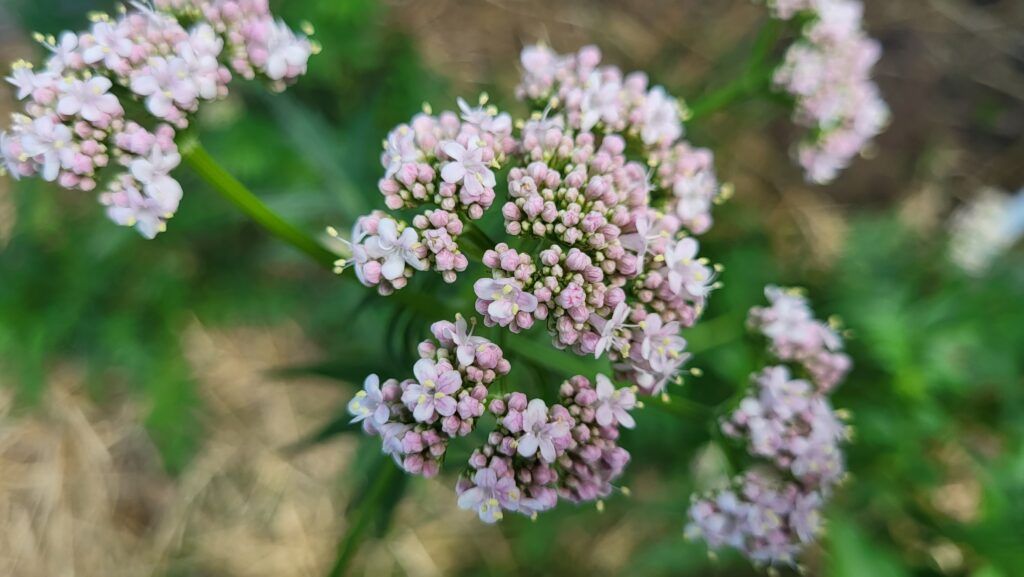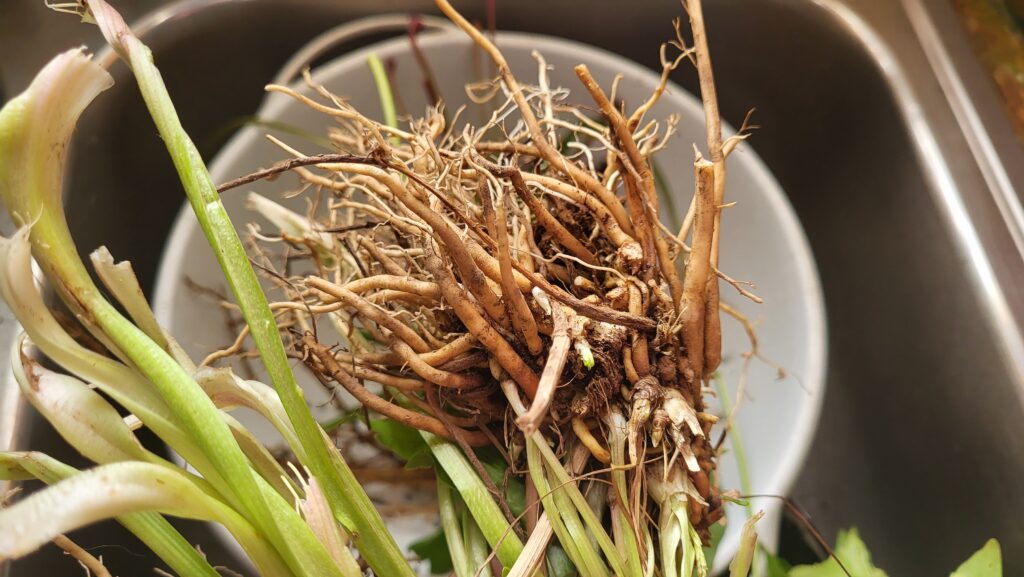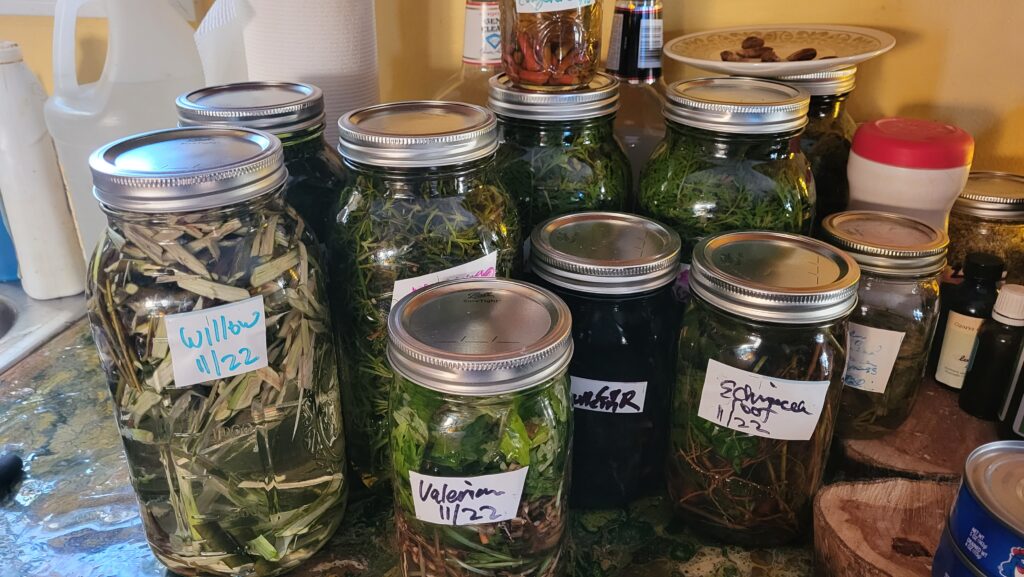
Medical Disclaimer
The information provided in this blog post is intended for general informational purposes only and should not be considered as professional medical advice, diagnosis, or treatment. Always seek the advice of your physician or other qualified health provider with any questions you may have regarding a medical condition. Never disregard professional medical advice or delay in seeking it because of something you have read on this website.
The author is not a licensed healthcare professional, and the information presented here is based on personal research and understanding. While efforts are made to ensure the accuracy of the information, no guarantees are made regarding the completeness, timeliness, or accuracy of any information provided.
Reliance on any information appearing on this blog is solely at your own risk. The author and the website disclaim any liability for any injury, damage, or adverse outcome that may result directly or indirectly from the use or application of the information provided.
Valerian: Nature’s Soothing Elixir
In a world where pharmaceuticals often take center stage in treating mental health issues, the allure of natural alternatives is gaining traction. Amid the pervasive use of Valium for conditions like bipolar anxiety and depression, allow me to shift the spotlight to Valerian, hailed as nature’s tranquilizer.

Valerian, recognized across centuries in various pharmacopoeias worldwide, stands out for its sedative effects. Unlike synthetic drugs, Valerian is a plant-based remedy with a rich history in Chinese and Eastern medicines.
This botanical gem isn’t just about calming nerves; it has a profound impact on sleep disorders, anxiety, nervousness, and even exhaustion. Valerian’s influence extends to the cerebrospinal system, making it a valuable aid for unrest, neuralgia, and epileptic seizures. Historically, it was even employed to address women’s hysteria.
The plant’s benefits don’t stop there; it plays a role in stimulating secretions in the digestive system, making it beneficial for heart palpitations, high blood pressure, and more. Surprisingly, this powerhouse might be growing near you, or you can easily acquire its seeds.
Overcoming the Stigma of Smell

Some might be put off by the smell of Valerian, particularly in its dried form. However, the drying process alters its chemical composition, leading to the distinctive odor. Fear not, though; when brewed into tea, the smell transforms, and adding complementary herbs like lavender or peppermint can enhance the experience.
A Safer Alternative to Valium

Valerian emerges as a potential substitute for Valium, providing a calming effect without compromising the immune system or neurotransmitters. And its benefits extend beyond mental health, also serving as an excellent source of calcium and magnesium. Don’t dismiss it as just another herb—Valerian addresses a myriad of health issues, from digestive disorders and ulcers to hypoglycemia and bronchial spasms. With its antispasmodic and diuretic properties, it contributes to overall well-being.
Kava Kava: Unraveling the Synthetic Valium Connection
Surprisingly, synthetic Valium has roots in herbs, with Kava Kava being a key player. Although banned in certain countries due to concerns about liver toxicity, Kava Kava in its pure, fresh, or tincture form offers a safe alternative. This herb, part of the pepper family and celebrated as the national drink of the Fiji Islands, brings about relaxation without disrupting cognitive function.
Navigating Natural Solutions
In a world where synthetic drugs dominate the conversation, embracing the offerings of Mother Nature is a compelling choice. Valerian and Kava Kava showcase the potential of herbs to address mental health concerns without the side effects associated with pharmaceuticals. As we explore these natural alternatives, let’s trust in the wisdom of traditional medicine and the resilience of the human body to find balance and well-being. Trust Mother Nature.
| Valeriana jatamansi: An herbaceous plant with multiple medicinal uses | https://pubmed.ncbi.nlm.nih.gov/30663144/ |
| Valeriana jatamansi Jones (Family: Caprifoliaceae), a high value medicinal plant, was distributed in many countries of Asia. The species possesses important valepotriates and is a good source of flavones or flavone glycosides, lignans, sesquiterpenoids or sesquiterpenoid glycoside, bakkenolide type sesquiterpenoids, phenolic compounds, terpinoids, etc. The use of the species in traditional and modern medicines is well known. For instance, V. jatamansi is very important for its insect repelling and antihelmethic properties. Similarly, sedative, neurotoxic, cytotoxic, antidepressant, antioxidant, and antimicrobial activities of the species in various ailments in the indigenous system of medicine, particularly in Asia, are reported. This review focuses on the detailed phytochemical composition, medicinal uses, and pharmacological properties of V. jatamansi along with analysis of botanical errors in published literature and reproducibility of the biomedical researches on this multipurpose herbaceous species. |

Leave a Reply